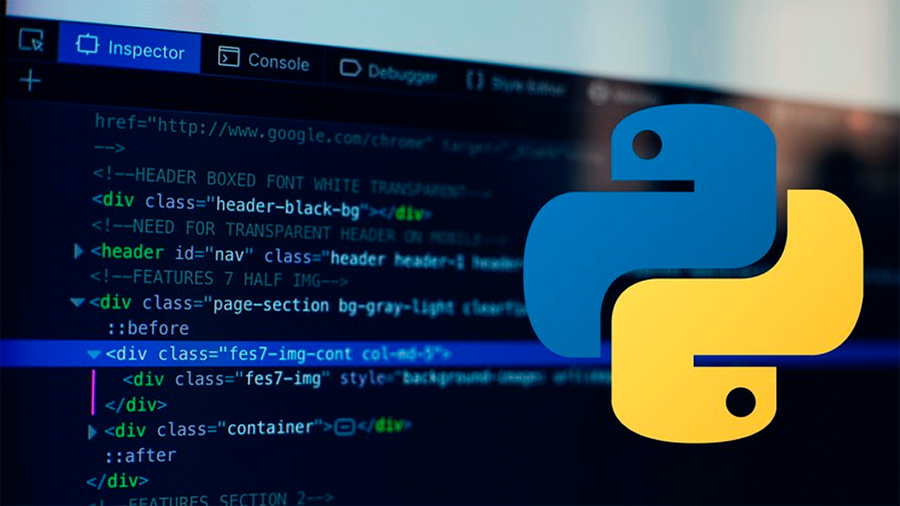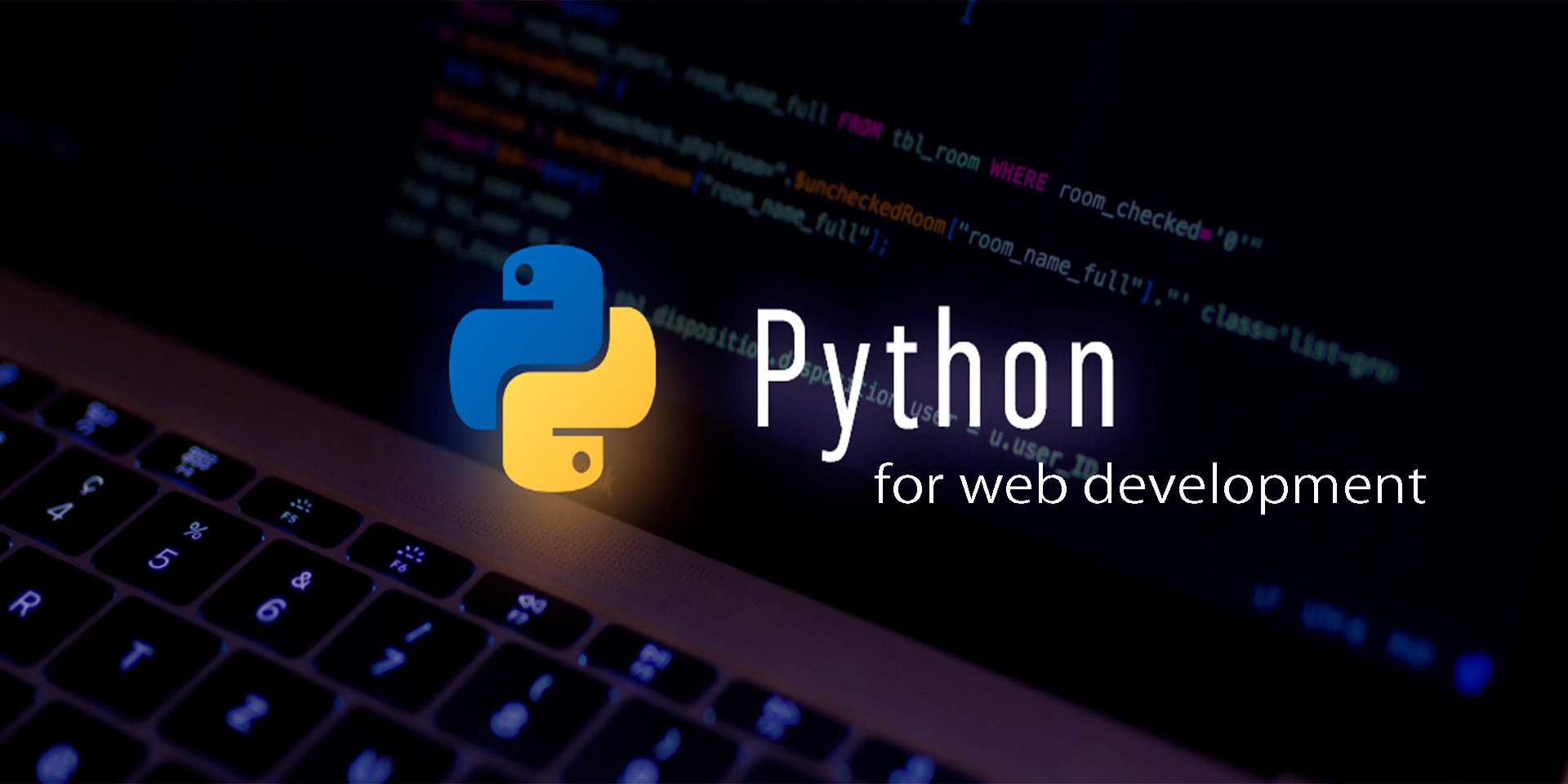Python has gained immense popularity in web development due to its simplicity, versatility, and powerful frameworks. Whether you are building a simple blog or a complex web application, Python offers robust frameworks and tools to streamline the development process. This article explores the top frameworks and tools for web development using Python, including Django, Flask, and other essential libraries.
Why Python for Web Development?
Python is an excellent choice for web development for several reasons. Its readability, ease of learning, and extensive library support make it a preferred language for both beginners and experienced developers.
Key Advantages of Python
Readability and Simplicity: Python’s syntax is clean and easy to understand, which speeds up development and reduces the likelihood of errors.
Extensive Libraries and Frameworks: Python has a vast ecosystem of libraries and frameworks that simplify web development tasks.
Versatility: Python is not only good for web development but also for data analysis, machine learning, automation, and more.
Active Community: A large, active community means plenty of resources, tutorials, and third-party packages available to assist in development.
Top Python Frameworks for Web Development
Several Python frameworks are designed to simplify web development. Here are some of the most popular ones:
Django
Django is a high-level Python web framework that encourages rapid development and clean, pragmatic design. It comes with a lot of built-in features, reducing the need for third-party libraries.
Key Features: Built-in admin panel, ORM (Object-Relational Mapping), form handling, authentication, and authorization systems, and extensive documentation.
Use Cases: Django is ideal for building complex, database-driven websites, including e-commerce sites, social media platforms, and content management systems.
Flask
Flask is a lightweight and flexible web framework that provides the essential tools needed to build a web application. It’s known for its simplicity and fine-grained control.
Key Features: Minimalistic, modular design, easy to extend, built-in development server, and request handling.
Use Cases: Flask is perfect for small to medium-sized applications, APIs, and microservices.
Pyramid
Pyramid is a flexible web framework designed to work for small applications and big applications alike. It provides a lot of flexibility and does not enforce any particular project layout or dependencies.
Key Features: Flexibility, URL dispatching, built-in security features, and support for both SQL and NoSQL databases.
Use Cases: Pyramid is suitable for projects that require flexibility and scalability, such as large web services and enterprise applications.

Essential Tools for Python Web Development
In addition to frameworks, various tools can enhance your web development process with Python.
Database Management
SQLAlchemy: A powerful ORM library for working with relational databases.
API Development
FastAPI: A modern, fast web framework for building APIs with Python 3.6+ based on standard Python type hints.
Testing
PyTest: A robust testing framework for Python that allows simple unit testing and complex functional testing.
Version Control
Git: A distributed version control system to manage code changes and collaborate with other developers.

Best Practices for Python Web Development
To ensure efficient and maintainable web development, follow these best practices:
Follow the DRY Principle
DRY (Don’t Repeat Yourself): Avoid code duplication by creating reusable components and functions.
Implement Security Best Practices
Ensure your application is secure by following security best practices, such as validating user inputs, managing user sessions properly, and using HTTPS.
Use Virtual Environments
Use virtual environments to manage dependencies and ensure your project’s environment is isolated.
Write Unit Tests
Write unit tests to ensure your code works as expected and to prevent future bugs.
Case Studies and Examples
Examining real-world examples highlights the practical applications and benefits of using Python frameworks and tools for web development.
Django
Django is used by major websites and applications for its scalability and robust feature set, allowing them to handle millions of users and vast amounts of data efficiently.
Flask
Flask is used by companies for some of their internal tools due to Flask’s simplicity and flexibility, making it easier to develop and deploy small applications quickly.
FastAPI
FastAPI is used for its speed and ability to handle large-scale asynchronous tasks, making it ideal for developing high-performance APIs.
Conclusion
Python’s rich ecosystem of frameworks and tools makes it an excellent choice for web development. Whether you choose Django for its comprehensive features, Flask for its simplicity and flexibility, or another framework like Pyramid or FastAPI, Python provides the tools you need to build scalable, efficient, and robust web applications. By following best practices and leveraging the powerful capabilities of these frameworks and tools, you can create dynamic and high-performance websites that meet the demands of modern web development.




